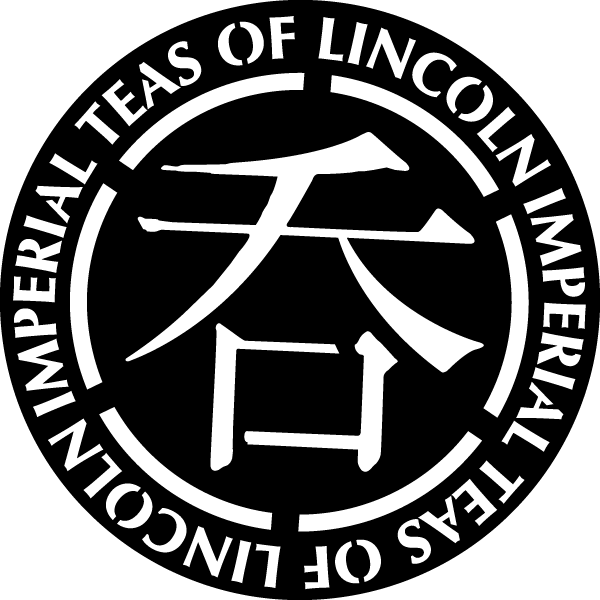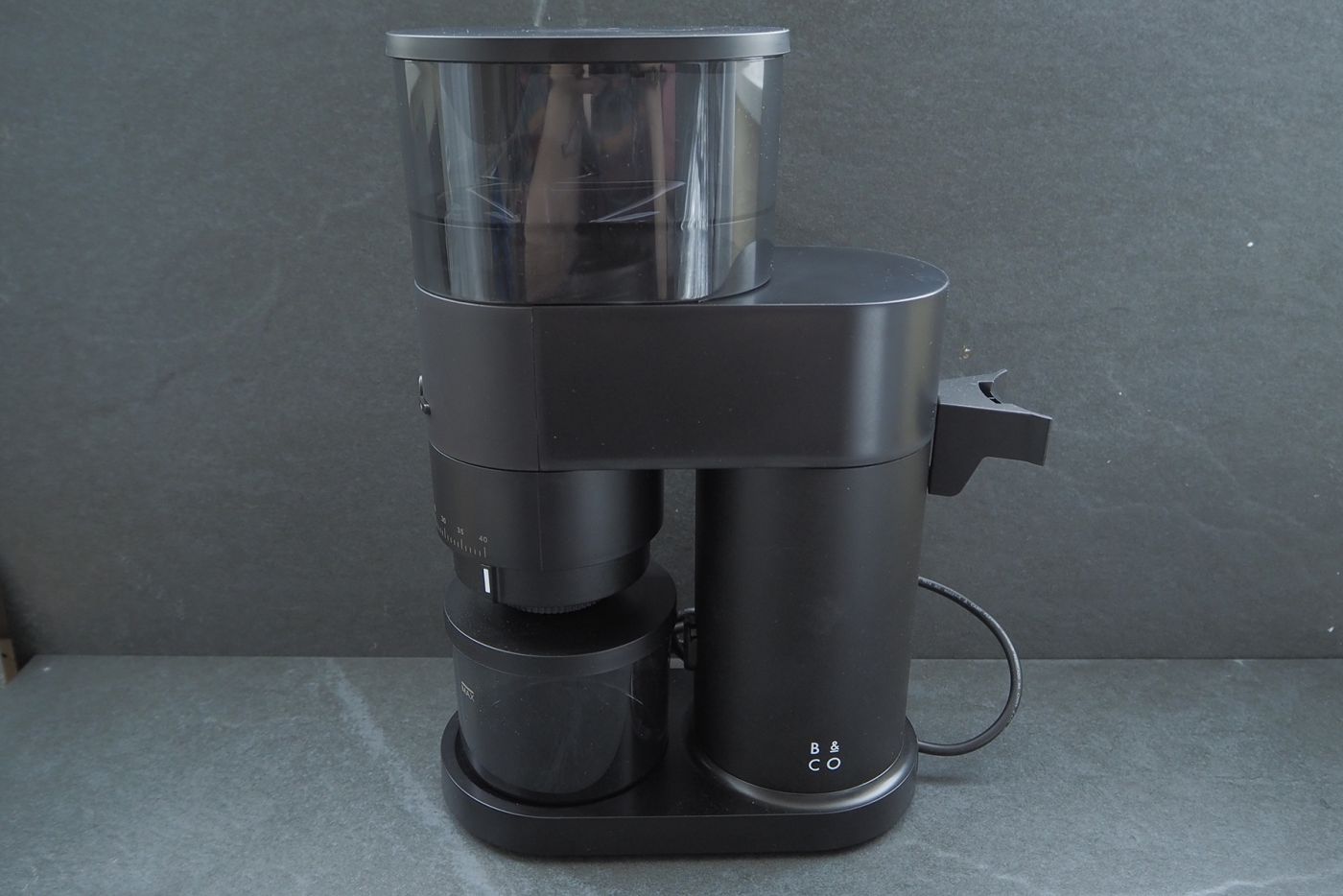ETHIOPIAN YIRGACHEFFE SESOTA COFFEE
Ethiopian Yirgacheffe Sesota Coffee
As low as
£11.00
Ethiopian Yirgacheffe coffees are famed for their beautiful fragrance. The coffee taster's lexicon is used to it's full in striving to describe some of the aromatics that are glimpsed in the coffee's aroma, both roasted and brewed. One of perhaps the most unusual is that of black tea. Others include: tangerine, stone fruit, red currant, lime, raspberry lemonade, floral, lemon, sweet, lavender, jasmine, blueberry, blackberry, bergamot, apricot, almond, wildflowers. It might be a surprise to find that it still smells and tastes of coffee! The coffee grown in this lush, green, mountainous area at altitudes up to 8,000 feet is referred to as 'garden coffee' due to most of it being grown on small-holdings of less than 1 hectare producing something up to 5 sacks of coffee beans.
Why not add
-
£110.00
Ethiopian Yirgacheffe coffees are famed for their beautiful fragrance. The coffee taster's lexicon is used to it's full in striving to describe some of the aromatics that are glimpsed in the coffee's aroma, both roasted and brewed. One of perhaps the most unusual is that of black tea. Others include: tangerine, stone fruit, red currant, lime, raspberry lemonade, floral, lemon, sweet, lavender, jasmine, blueberry, blackberry, bergamot, apricot, almond, wildflowers. It might be a surprise to find that it still smells and tastes of coffee! The coffee grown in this lush, green, mountainous area at altitudes up to 8,000 feet is referred to as 'garden coffee' due to most of it being grown on small-holdings of less than 1 hectare producing something up to five sacks of coffee beans. Farmers take their coffees to be processed at co-operative stations, which also act as a local community centre, where beans of exceptional quality will be blended and selected for the Grade 1 coffee we buy. Examples such as the lot you are drinking are highly prized and competition from buyers is very keen. We favour the Sesota station in the tiny Kochere District, but will always buy wherever the coffee is the best. The way that coffee sales are set up by the government in Ethiopia and the small production of the farmers means that there are no 'estate' coffees but the lots from the stations are traceable back to that point. Most coffees are organic by default but are seldom certified due to onerous costs. Organic compost is common, pruning less common. A farmer can typically have less than 1500 trees per hectare, and 1 tree typically producing cherries equal to around 200 grams of green coffee. Yirgacheffe is a small area within the Sidama region of Ethiopia in the Rift Valley.

